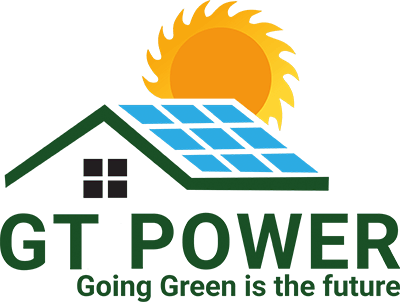
The federal government of the United States offers a tax credit to encourage the purchase and installation of solar power systems, known as the Federal Solar Investment Tax Credit (ITC).
Tax credits and rebates are both ways to save money on your taxes, but they work differently. here are the criteria for being eligible for the 30% solar investment tax credit
If you do not owe federal income taxes, you will not be able to take advantage of the solar tax credit for the current year. This means that individuals on a fixed income, retirees, or those who worked only part of the year may not have enough tax liability to fully benefit from the solar tax credit. It’s important to note that not all solar panel systems are eligible for the solar panel tax credit. It’s recommended to consult a qualified tax professional to determine your tax liability and eligibility for any tax credits related to the purchase of your solar system.
If you’re wondering whether you can claim the solar investment tax credit in 2023, here are the eligibility criteria you need to meet:

The solar tax credit is non-refundable, indicating that any amount exceeding your tax liability cannot be claimed as a tax refund. Nonetheless, you have the option to carry forward any unclaimed portion of the solar tax credit to the next tax year.
Certainly, the residential clean energy credit can be applied to either the federal income tax or the alternative minimum tax credit.
To claim the solar tax credit, you need to file Tax Form 5695 along with your tax return. Please note that ADT Solar does not offer tax advice, so it is recommended to consult with a qualified tax professional for any questions related to your specific situation.
Exciting update! The Federal Solar Tax Credit has been prolonged until 2032, giving it an additional decade. It will decrease to 26% in the year 2033.
